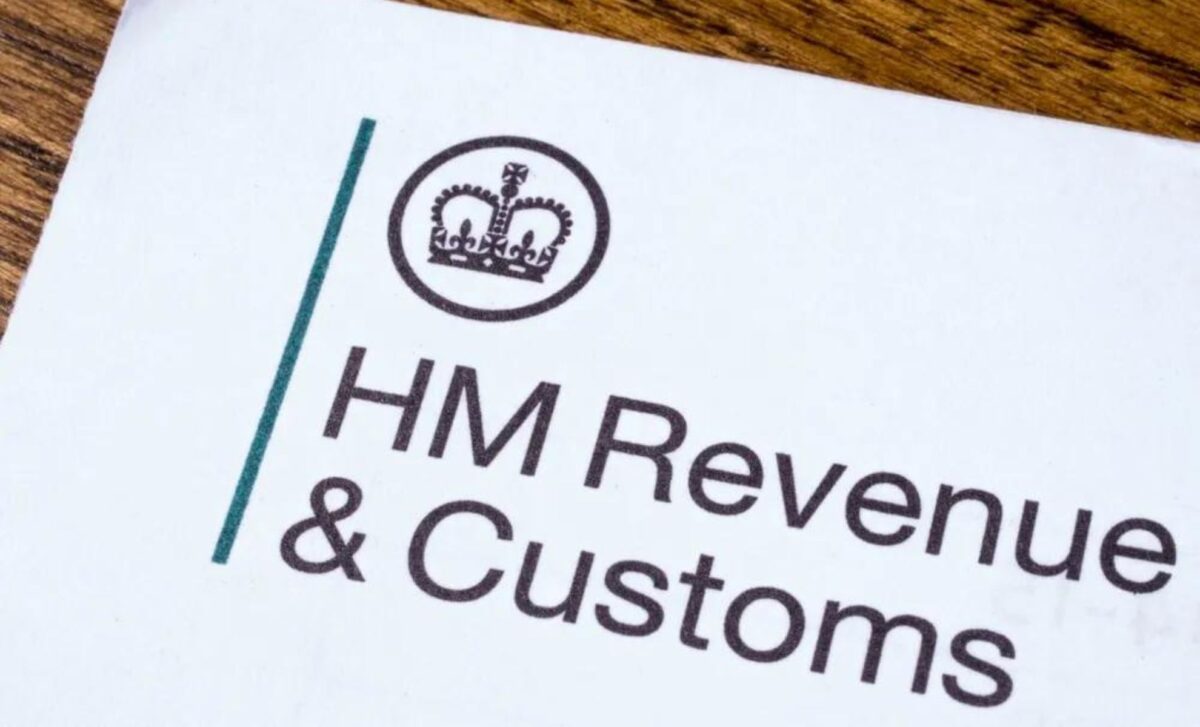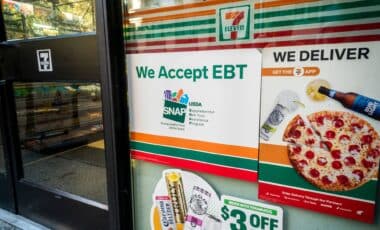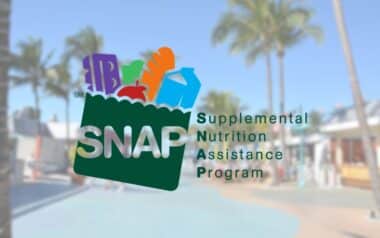Parents who make less than £60,000 a year are eligible to receive up to £2,214 yearly due to a change in HMRC regulations.
This is because the income threshold for qualifying for Child Benefit payments was raised from £50,000 to £60,000, reports Express.
As a result of the change, parents are now being advised to verify if they qualify for ways to reduce school-related expenses, rather than depending solely on high-interest credit.
HMRC Update Offers Parents Increased Child Benefit to Help with School Costs
According to research by financial institution Lowell, 54% of parents in the UK depend on credit products to pay for necessary school expenses; 13% have taken out payday loans; and 15% have even resorted to buy-now-pay-later plans to cope with study-related expenses.
Considering the rising inflation—the Consumer Prices Index showed a 2.2% rise in July of this year—these loans are particularly detrimental.
John Pears, CEO of Lowell, stated: “While these credit solutions can offer short-term relief, worryingly, 69 per cent of those surveyed using credit products are concerned about the challenge of repaying them.
“For some, this could lead to longer-term financial difficulties, including a negative impact on their credit score, which could affect their ability to be approved for credit in the future.
“As 66 per cent of parents surveyed said they had not reached out for support or advice for back-to-school costs, we want to reassure parents that there are other, often more manageable ways to get support with these costs.
“For example, local authorities or the school directly can provide tailored advice based on your situation, such as uniform grants and subsidiaries towards laptops and tablets for families who require support.”
He continued, explaining that “for many families across the UK, associated back-to-school costs such as uniforms can be difficult to afford,” which leaves many parents concerned about their finances. He acknowledged that “credit can be a tool for helping to spread these costs,” but also warned that “many credit products have high interest rates,” which can make it tough to keep up with repayments if unexpected expenses come up. To help with this, they wanted to offer some insights and resources for parents to better manage school expenses, along with a list of organisations ready to support them.
Child Benefit Update Boosts Support for Families
Child Benefit payments are now set at £25.60 per week for the eldest or only child, this could boost income by £1,333 yearly, and £16.95 per weekly for each additional child, which could reach up to an extra £881 per year.
The benefit is available to those providing care for children under the age of 16, or under the age of 20 if they are enrolled in an approved educational or training program. Payments are typically delivered every four weeks, however single parents and recipients of certain benefits can opt for weekly payments.
Parents who qualify can submit their application for Child Benefit 48 hours after registering the birth of their child, or when the latter moves in with them. All children in Years 1 and 2 will automatically get free school meals. For families with children in Year 3 and above, eligibility includes those receiving Universal Credit or benefits like Child Tax Credit, Income Support, or Income-Based Jobseeker’s Allowance.
Parents are strongly encouraged to find out if they’re eligible for these benefits, as they can provide valuable support in covering essential school expenses.









